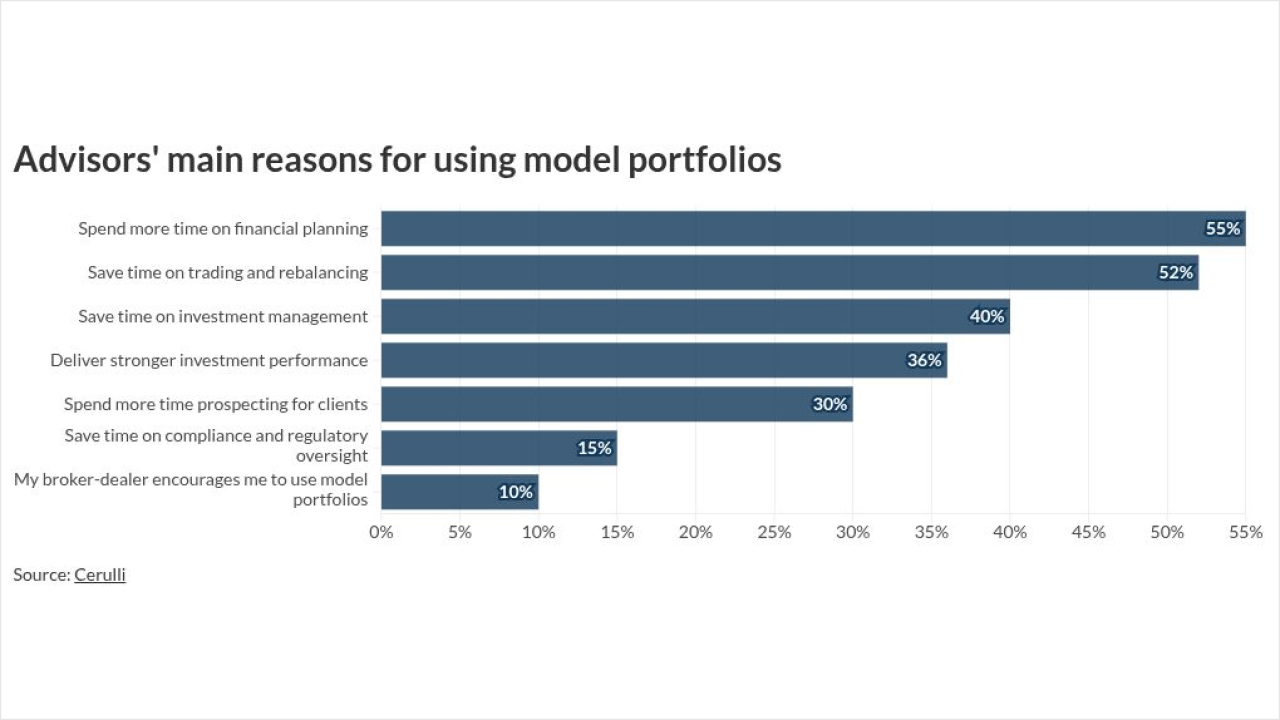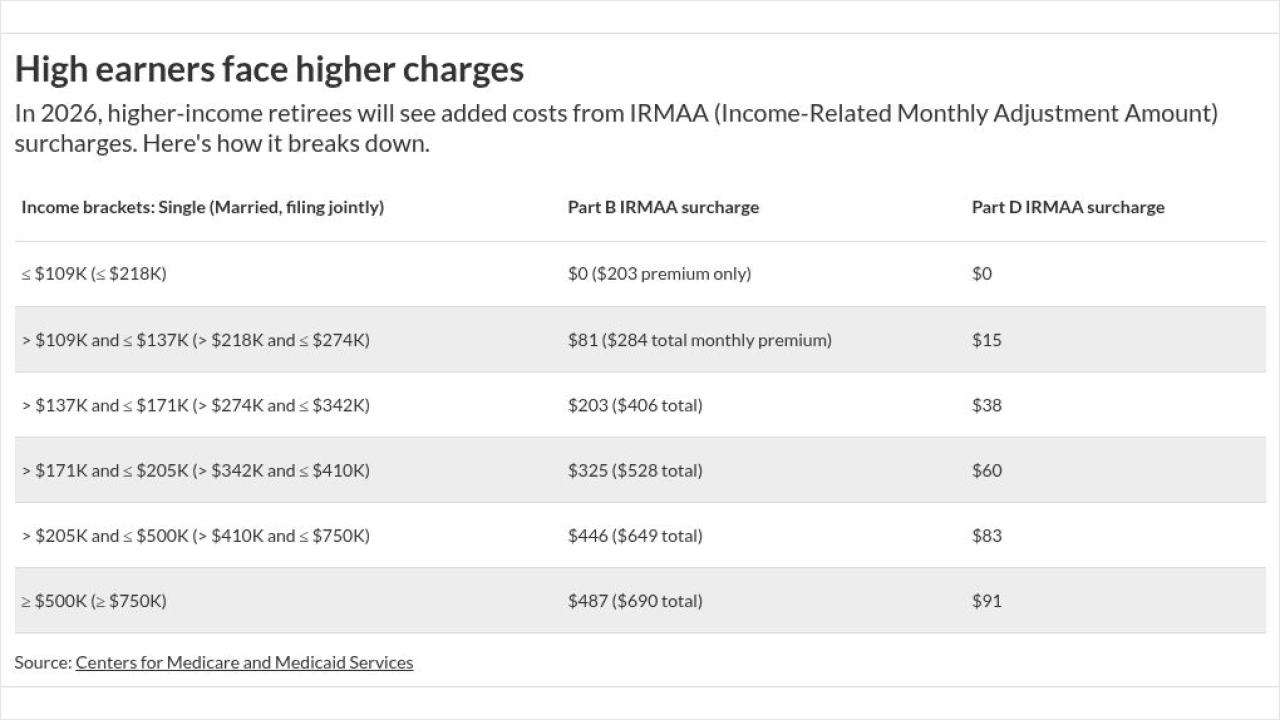(Bloomberg) -- Californians in April will start paying more to register their cars — not to help maintain roads, but to keep the pension checks rolling for the motorcycle cops who policed them.
The retirement fund for the California Highway Patrol is worse off than any other managed by California Public Employees' Retirement System, the largest U.S. pension, as payments by the state and employees fail to keep up with benefits locked in during the dot-com bubble. As a result, the state's contributions jumped 14% this year to $415 million and are projected to continue rising. A $10 increase to registration fees will help cover the expense.
"It's a pension tax — call it what it is," said state Senator John Moorlach, a Republican who introduced a bill that would implement measures to cut pension costs. “It's like a tumor that's growing inside the budget."
The situation facing the Highway Patrol underscores the consequences to taxpayers whose state and local governments have about $2 trillion less than they need to cover promised retirement benefits. On Wednesday, the Calpers board voted to lower the target investment return by half a percentage point to 7% over three years, which would require larger contributions from California and its municipalities to make up for the smaller projected gains.
Jon Hamm, who in May retired as the chief executive officer of the California Association of Highway Patrolmen, said before the meeting that Calpers should lower that target to below 7%" so we can deal with real numbers."
"We want to do everything in our power to make sure our members get what they've been promised, and everything in our power includes what we can do as an entity to fix the problem," such as possibly higher contributions from officers, said Hamm, who continues to work for the union.
The fund for the patrol, whose officers gained some fame from the late-1970s television series "CHiPs," had 62 cents for every dollar in obligations as of the year ended June 2015, according to a September report. The state must pay about 50% of its costs this year, compared with a rate of 13% in 2000.
Moorlach, the state senator, lays part of the blame on deciding to boost benefits during the Internet stock bubble, wagering that the market's gains would pay for them. The change allowed officers to retire at the age of 50 with pension checks based on a higher percentage of their salaries. The average pension received by an officer who retired in 2015 was about $77,000, according to Calpers.
Although stocks are again at record highs, the combination of enhanced benefits, longer lifespans and fewer employees paying into the system has left many pensions underfunded. For the past decade, beneficiaries of the highway patrol pension have outnumbered active members, documents show. At the same time, Calpers's 20-year investment return is lagging its goal, forcing individual plans to make up the difference.
"It creates a financial hole, a very deep financial hole, very quickly," said Joe Nation, a pension researcher and professor at the Stanford Institute for Economic Policy Research. "Unless you respond very quickly, it's hard to get out of it."
While California meets pension obligations for many workers through its general budget, for the Highway Patrol's operations it taps the motor vehicle account, funded mostly through revenue generated from cars and licenses. The patrol takes up about 78 cents out of every dollar in registration fees drivers pay.
Governor Jerry Brown requested the increase to the base vehicle registration fee by $10 to $56 to deal with the agency's rising costs from salaries and pensions, said H.D. Palmer, a spokesman for the finance department. He declined to say what action the administration may take if Calpers reduces the investment return.
"We just had that increase," Palmer said. "We want to evaluate how that is addressing some of those issues."
Moorlach thinks it's inevitable that fees will rise, although the drivers may not understand why. "Everyone will think, we're fixing roads, but that money is going to be diverted into pension plans," he said.
— Written with the assistance of Bloomberg's Municipal Global Data team





